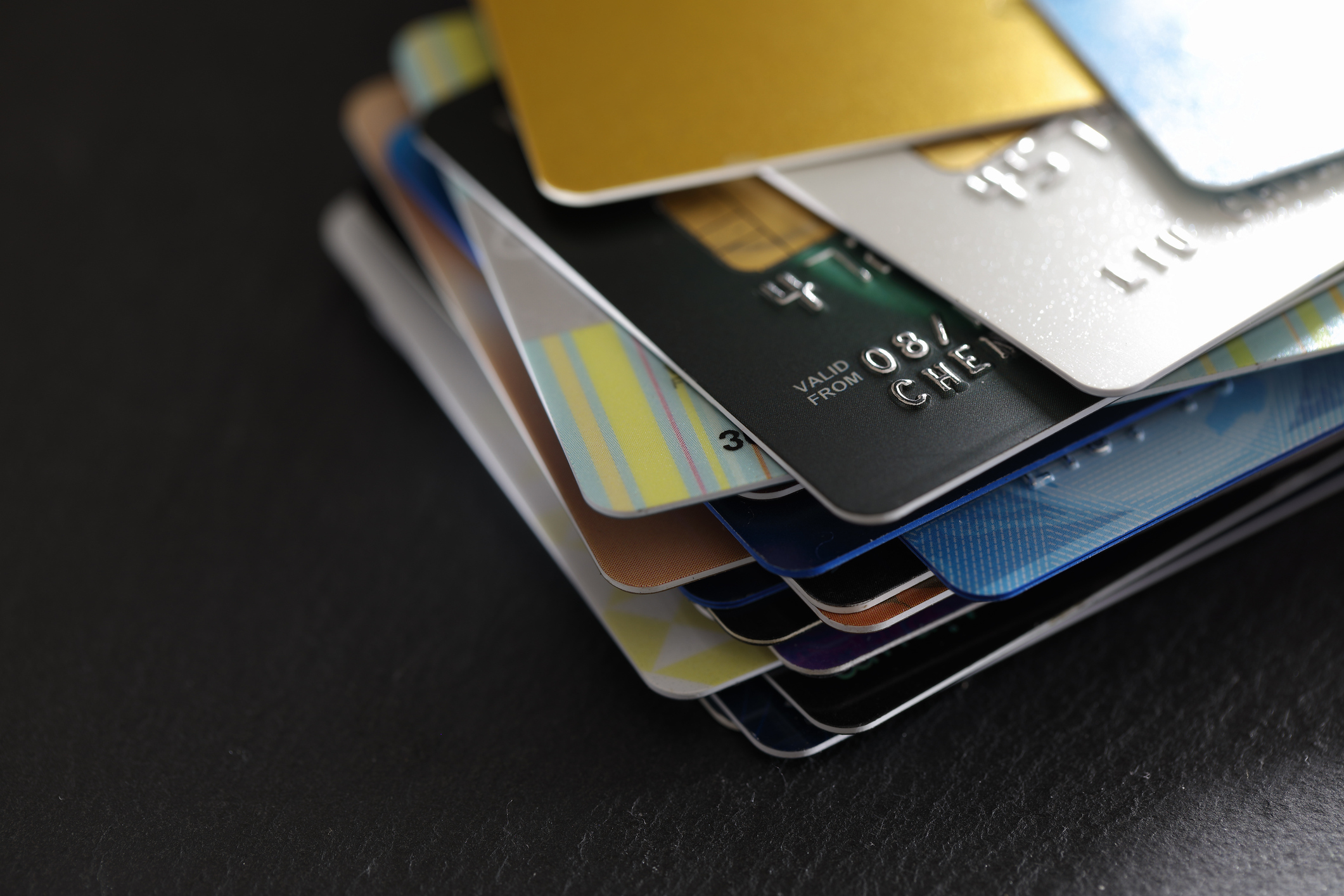Little-known Facts About Your Credit Card

Do you know what really happens when you swipe your credit card? Most people don't, and that's because the credit card companies don't exactly make it easy to understand. In this blog post, we will discuss some little-known facts about credit cards. So, whether you are a business owner who wants to learn more about how credit cards work or if you are just curious about this financial tool, read on!
Your Credit Card Interest Can Change
Most people are familiar with the concept of credit card interest. After all, it's the fee that you're charged for borrowing money from your credit card issuer. What many people don't realize, however, is that your credit card interest can change without any notice. In fact, your interest rate can go up or down at any time, and you may not even be aware of it. This is because credit card issuers often use a process called "universal default" to determine interest rates. Under this system, your interest rate can be increased if you make a late payment on any other type of loan, such as a mortgage or a car loan. As a result, it's important to be aware of how your payments are affecting your overall credit score. By paying all of your bills on time, you can help keep your interest rates low and avoid costly increases.
You Can Say "No" To An Interest Change
As a credit card holder, you have the right to decline interest rate increases. If you are facing a significant increase, you can opt to close your account instead. While this may seem like an extreme measure, it is often the best way to protect your finances. Keep in mind that closing your account will not remove the debt you owe; you will still be responsible for repaying what you owe in full. However, by closing your account, you will no longer be subject to the higher interest rate. This can save you a significant amount of money over time, so it is definitely worth considering if you are facing a substantial increase. Another option is to negotiate with your credit card company. If you have a good payment history, they may be willing to work with you to keep your interest rate at a manageable level. Either way, it is important to know that you have options when it comes to dealing with interest rate increases on your credit card.
Your Credit Card Can Protect Your Purchases
Your credit card can protect your purchases in a number of ways. For one, most credit cards offer purchase protection, which means that if you buy an item and it's damaged or stolen within a certain timeframe, you can get a refund from your credit card company. Additionally, many credit cards also offer extended warranty protection on items that are purchased with the card. This means that if an item you've bought breaks down after the manufacturer's warranty has expired, your credit card company will cover the cost of repairs or replacement up to a certain amount. So, next time you're making a big purchase, be sure to use your credit card—you may be glad you did!
Your Card May Be Denied Abroad
Although your credit card may be accepted at most places in the US, this is not always the case when traveling abroad. In fact, your credit card may be denied when attempting to make a purchase in another country. There are a few reasons for this. First, some countries have more strict regulations regarding the use of credit cards. Second, your credit card company may not have agreements with banks in other countries. As a result, your card may be declined when you try to use it abroad. If you are planning to travel internationally, it is best to research the policies of your credit card company ahead of time to avoid any surprises.
Card Balances Can Be Tricky
Card balances can be tricky. A little-known fact is that when you make a purchase with your credit card, the issuer will generally not post the transaction to your account until the end of the day. This means that if you make a large purchase on the first of the month, your statement will show a higher balance than if you had made the same purchase on the last day of the month. In order to keep your balance from getting too high, it's important to keep track of your spending and pay off your credit card bill as soon as possible. Additionally, many issuers offer grace periods for payments, so be sure to take advantage of this if you can. By understanding how your credit card issuer posts transactions, you can avoid costly interest charges and keep your balance under control.
Late Payments Have An impact
As a little-known fact, late payments have an impact on your credit card. This is because when you make a late payment, the credit card company will report it to the credit bureaus. The credit bureaus will then lower your credit score. As a result, your interest rates will increase and you may have difficulty getting approved for new lines of credit. In addition, late payments can also lead to increased fees and penalties. Therefore, it is important to always make your payments on time in order to avoid these negative consequences.



